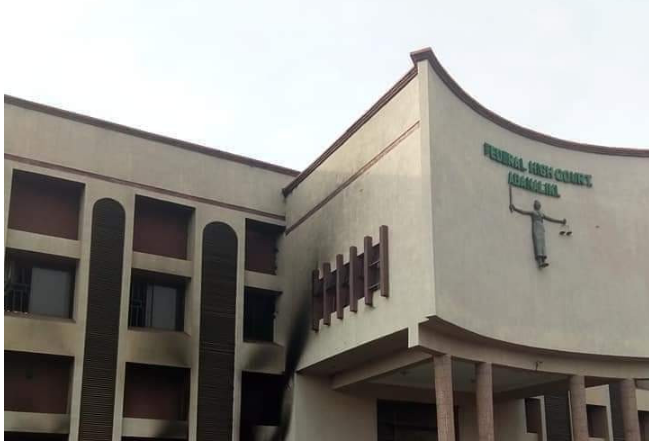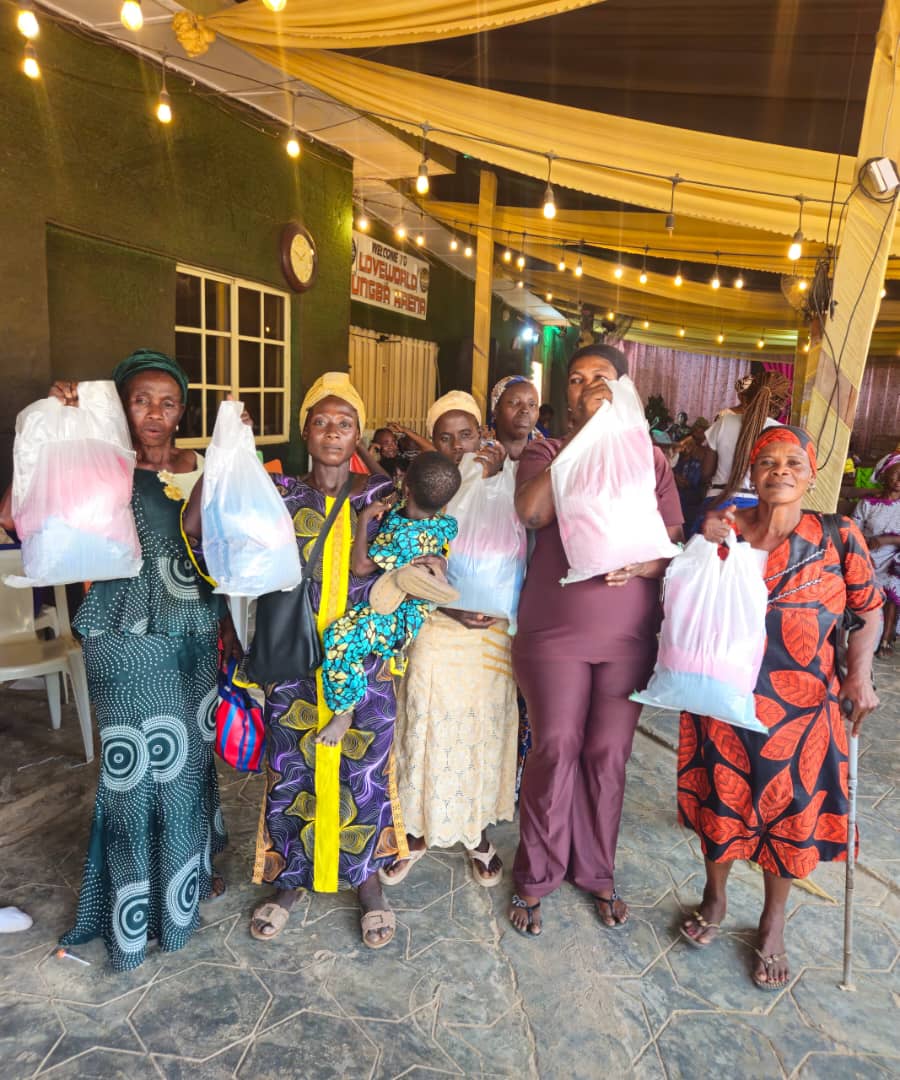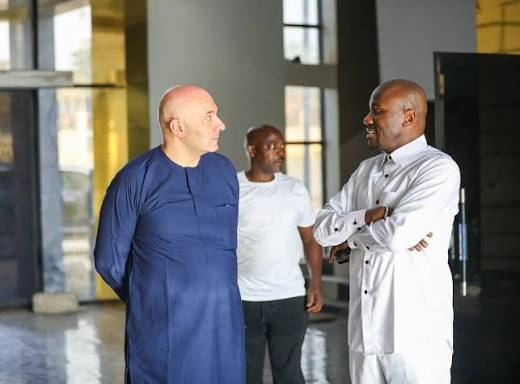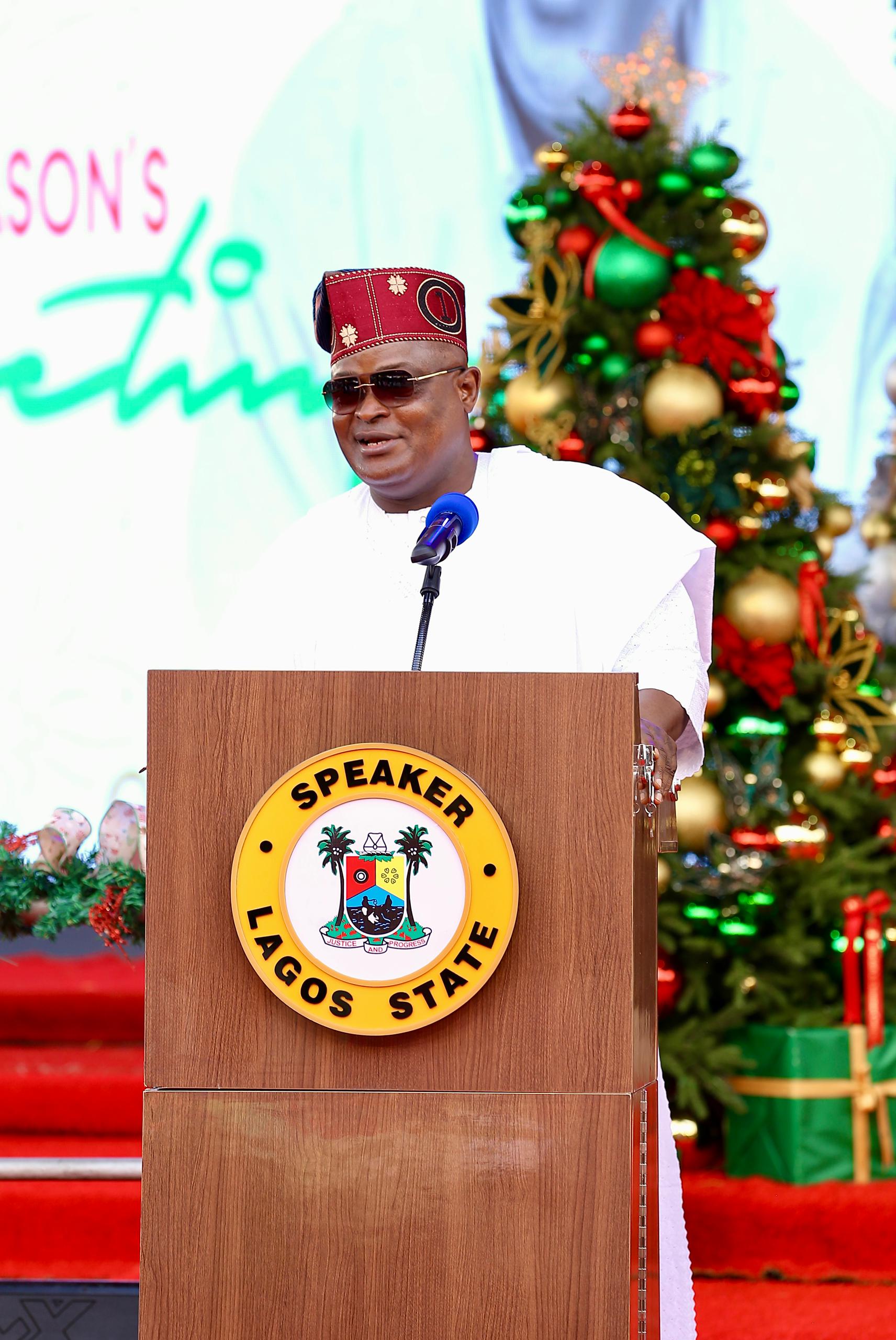In clear violation of the new guideline by the Bureau of Public Procurement, BPP, the Nigerian Centre for Disease Control (NCDC) has spent the sum of N202 million on six contracts from the COVID-19 Intervention Fund without evidence of procurement plans, The ICIR has found out.
The projects were part of a list of 49 contracts awarded during the current pandemic with a total sum of N1,167,696,509.84.
Some of the fundings were donations from corporate organisations and individual Nigerians to support the Federal Government’s effort to cushion the effects of the pandemic. As of June 30, CACOVID has donated N30.15 billion.
CACOVID is a private-sector task force working in partnership with the Federal Government, the Nigeria Centre for Disease Control (NCDC) and the World Health Organisation (WHO) with the sole aim of combating Coronavirus (COVID-19) in Nigeria.
But while the 49 awarded projects were detailed in the Nigeria Open Contracting Portal (NOCOPO) of the Bureau of Public Procurements (BPP), six other contracted projects were missing from the BPP’s procurement plans database, even after the projects have been completed.
The projects include: Procurement of real-time PCR machine to the NCDC in the fight against COVID-19 (N9,836,400.00); establishment of molecular laboratory testing centre in Adamawa (N43,250,000.00); emergency procurement of critical supplies (N45,500,000.00) and an emergency supply of personal protective equipment, accessories cover and other items to the NCDC awarded at (N48,450,000.00).
Others were the procurement of VTM and SWAB Sticks (N16,974,000.00) and the procurement of critical supplies for COVID-19 response (N38,400,000.00).

The BPP has stated on its website that though, it temporarily suspended the normal Open Competitive Bidding Method due to the pandemic, only emergency procurement for essential goods would be conducted.
Nevertheless, the BPP gave a caveat allowing all MDAs with emergency projects, to submit procurement plans to its website before they can be awarded and payments made.
“All procuring entities are to prepare procurement plans for all projects that specifically respond to the COVID-19 pandemic,” the bureau stated in the guideline signed by Mamman Ahmadu, the Director-General. “Any project that is not included in the procurement plan of the procuring entity shall not be processed for payment notwithstanding the source of funding for the project.
“COVID-19 Projects not captured in NOCOPO may not be funded by the Federal Government for implementation.”
The decision, it stated, is to ensure transparency and accountability when projects are awarded, despite easing its strict procurement guidelines.

On May 28, Isaiah Yesufu, a top official of the BPP in a presentation to the Independent Corrupt Practices and Other Related Offences Commission (ICPC) also reaffirmed the position of the Bureau on COVID-19 emergency procurements.
He said the pandemic had redefined global socio-economic activities including procurements. The new approach, he said, is in line with Section 43 of the PPA, 2007.
“A procuring entity may for the purpose of this Act, carry out an emergency procurement where: the country is either seriously threatened by or actually confronted with a disaster, catastrophe, war, insurrection or Act of God.”

More so, to ensure accountability and transparency, the Office of the Accountant General of the Federation (OAGF), Federal Ministry of Finance directed government establishments benefitting from the COVID-19 funds to publish daily payment reports, the amounts, purpose of which payments were made, including the beneficiaries of any payment on the open treasury portal.
This is applicable to any payments above N5 million made from the COVID-19 fund.
“In addition, each MDA shall publish a detailed report of its activities relating to COVID-19 Fund on its website at the end of every week,” AGF framework for the management of COVID-19 fund, signed by Ahmed Idris stated.
Idris signed the working document on May 5. Though NCDC disclosed major items purchased with the COVID-19 fund, the monthly fiscal account which should detail MDAs’ spendings on COVID-19 has not been uploaded as required by the new guideline. In fact, the last update was in February.
Aside from the NCDC, the Federal Teaching Hospital, Abakaliki has also failed to comply with the emergency procurement guidelines. All the three projects awarded in 2020 by the facility were missing in the procurement plan.
The identity of the contractor who got nearly N8 million for the supply and installation of 100KVA soundproof power for the Lassa Fever COVID-19 centre was also missing in the contract report.
MDAs compliance with procurement guideline
Beyond NCDC and Abakaliki teaching hospital, The ICIR extended its search to other agencies and federal government establishments that have executed similar emergency projects during the pandemic.
For instance, the Obafemi Awolowo University Teaching Hospital, awarded and executed three projects. The three projects were listed in the procurement plan, including an additional project yet to be awarded.
The projects include procurement of hospital mattresses for isolation ward at N350, 000; supply of AVl 9180 electrolyte analyser at the sum of N1,2000,000 and purchase of hand sanitisers awarded at N1,170,000.
Unlike NCDC and Abakaliki teaching hospital, projects executed by the OAU teaching hospital reflected in the procurement plan despite being funded from the hospitals Internally Generated Revenue (IGR).
The Environmental Health Registration Council of Nigeria (EHORECON), through the Federal Ministry of Environment also executed 11 projects and each of the projects reflected in the procurement plan as stipulated by the procurement guideline.
Similarly, the Nigeria Security and Civil Defence Corps (NSCDC), a para-military organisation under the Federal Ministry of Interior awarded nine projects and all the projects have procurement plans.

Freelanews is a potpourri of news, entertainment, business, events and photos. This is no fake news.
























